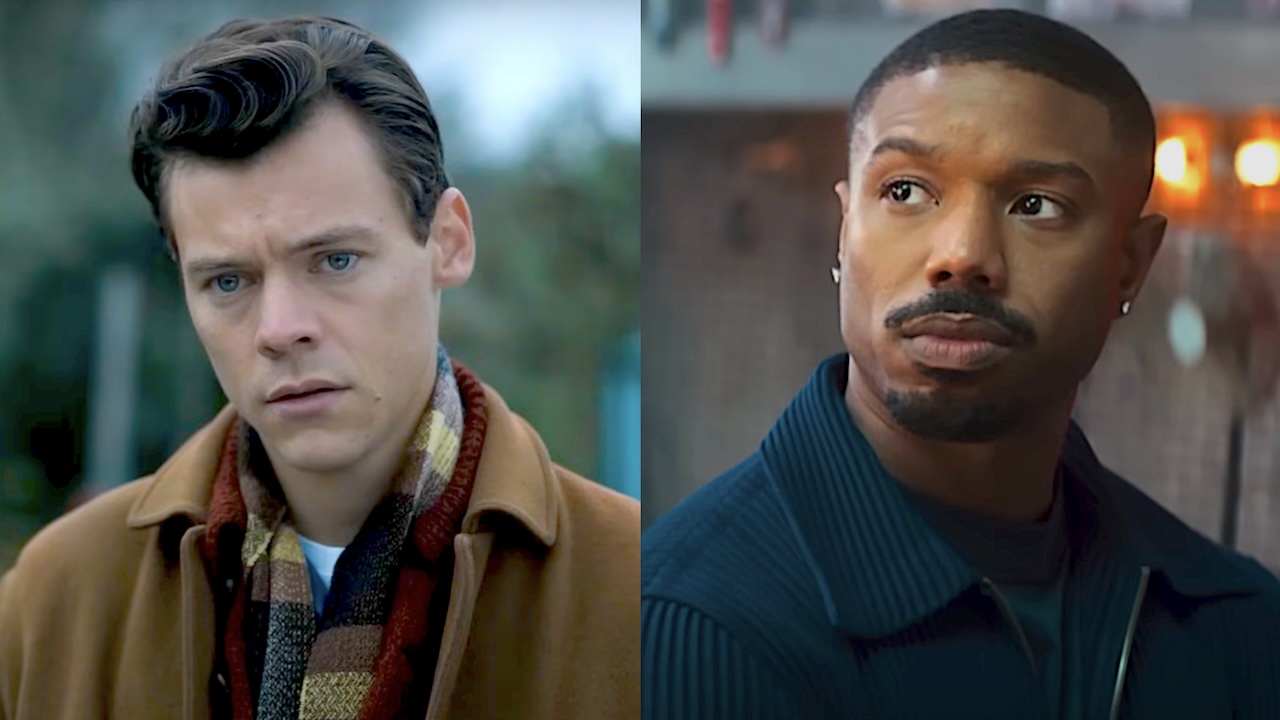As it hits Stateside, Stalingrad is already assured a place in film history. Not only is it Russia's biggest blockbuster to date, but also it's their first IMAX 3D movie. Our To 3D Or Not To 3D column goes into detail on how the 3D of the film shook out, but simply put Stalingrad is spectacular.
Set in the fall of 1942, Stalingrad centers on five Russian soldiers who manage to survive a failed attempt to take back the titular city from the invading German forces. Held up in a crumbling apartment building, they buckle down and try to pick off the Germans until re-enforcements arrive. In this ripped apart residence, they meet a resilient young local named Katya (Mariya Smolnikova), who reminds them all what they're fighting for.
Five soldiers sharing a bombed-out building with a nineteen-year-old woman might sound like the beginnings of a terrible scenario. But Katya's survival and courage quickly endear her to the men, desperate for a link to something outside of the violence and mind-shredding mayhem of war. From this desire, relationships blossom that span a wonderful range of human connections. For one, she is the welcomed shadow of his lost wife. To another, she's a sort of kid sister. To one, she is a crush, and to another, the closest thing to home he's had in decades. These relationships are painted in beautiful dialogue that is not lost in translation thanks to subtitles that are damn near poetic. But these bonds are brought to life by incredible performances that transcend the language barrier.
Smolnikova is captivating as Katya, deftly painting her as a woman of great inner strength, but also pain and vulnerability. Whichever of the cast of Pyotr Fyodorov, Sergey Bondarchuk, Dmitriy Lysenkov, Andrey Smolyakov or Aleksey Barabash she's paired with, she proves a perfect scene partner. It's like a series of elegant dance numbers, the way the ensemble collides and then pulls at the audiences' heartstrings with cutting line delivery and telling physicality of tenderness or brusqueness.
In contrast to these stories of warmth in the thick of war, there's a subplot about a merciless Nazi officer, Captain Kahn (Thomas Kretschmann, who'll play Baron Wolfgang von Strucker in Avengers: Age of Ultron), and Masha (Yanina Studilina), a Russian woman whose resemblance to his dead wife makes her an object of his possessive affections whether she likes it or not. Theirs is a twisted love story, where they don't share a desire or common language. It's a sickening subplot that serves as a foil to Katya's tale, and is made poignant by the portrayals of these two entrancing actors.
Beyond that, the battle sequences are literally breathtaking. Carnage on this level is rarely seen in cinemas. The opening scene where Russians storm a German-occupied beach reminded me of Saving Private Ryan, but with the addition of men aflame who channel their dying breaths into lunging at enemies tucked away in fox holes. Later, soldiers barrel through battered buildings, slit the throats of the enemy, and open fire in a frenzy when the Germans bring genocide to Stalingrad. The violence is harrowing, but not garish. It's meant to communicate what hell war is, so we might better understand how our heroes have become so broken. But with a message that even a man snapped by war might rediscover his humanity, Stalingrad is ultimately uplifting, heralding the resilience of compassion and human kindness. And this theme is reflected in outstanding cinematography that grandly captures everything from the Russian boats emerging from the fog to the final moments of some of its brave soldiers. Tragedy and beauty crash together to create something divine and devastating.
Stalingrad feels like a complete package. Its story is captivating, punctuated with performances that are moving and mesmerizing. Its action is shattering and sensational. It has an orchestral score that booms and pulls you in to the sweeping emotions of the piece, just as the 3D pulls audiences into the fray of its fearsome battles. My only complaint is that I wish the subtitles would make clear when characters were speaking in German or Russian, as admittedly my ear isn't sharp enough to quickly discern the difference. And these languages play into the characters interactions pretty heavily. But all in all, director Fedor Bondarchuk has made an outstanding war drama that is as packed with action and spectacle as it is profound drama and heart. It's a rare accomplishment, and one that's sure to have Hollywood calling.
Staff writer at CinemaBlend.












